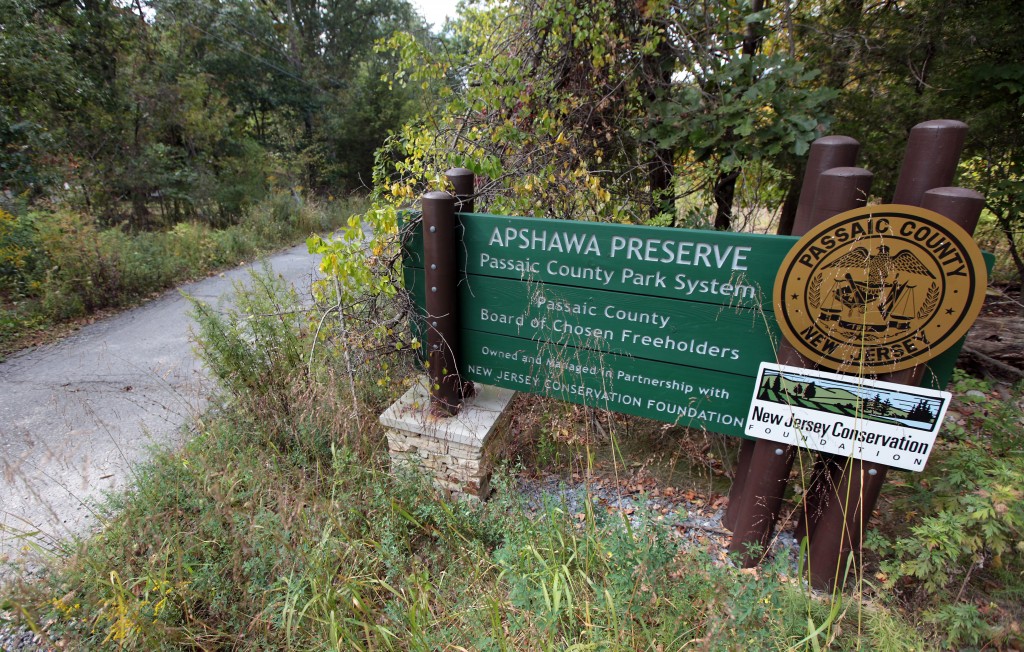- California Assembly OKs highest minimum wage in nation
- S. Korea unveils first graphic cigarette warnings
- US joins with South Korea, Japan in bid to deter North Korea
- LPGA golfer Chun In-gee finally back in action
- S. Korea won’t be top seed in final World Cup qualification round
- US men’s soccer misses 2nd straight Olympics
- US back on track in qualifying with 4-0 win over Guatemala
- High-intensity workout injuries spawn cottage industry
- CDC expands range of Zika mosquitoes into parts of Northeast
- Who knew? ‘The Walking Dead’ is helping families connect
Rutgers student killed in bear attack

A 22-year-old Edison man named Darsh Patel lost his life at the Apshawa Preserve in West Milford after being attacked by a black bear while hiking with some friends Sunday afternoon. (AP Photo/New Jersey Herald, Daniel Freel)
By The Korea Times staff
A 22-year old Rutgers University student was mauled by a 300-pound male black bear while hiking in the Apshawa Preserve located on the northern tip of New Jersey on Sunday.
The victim, Darsh Patel, was accompanied by four friends, two of whom were 23-year-old Korean American students. Lee and Suh, who chose to be identified by their last names only, were able to get away unharmed, but their friend wasn’t as fortunate.
Three of them reportedly grew up together on the same streets in Edison.
According to Lee, the five friends were walking down one of the preserve’s trails around 4 p.m. when they noticed a black bear had been following them.
In a panic, the men ran ran in different directions, which is usually a dangerous response when trying to avoid a violent interaction with a bear.
When the hikers reconvened, they could not find Patel and decided it would be best to report him as a missing person to the police.
Within two hours, police found the bear hovering within 30 yards of Patel’s body. Even after trying to scare the bear away with loud noises and thrown objects, the bear refused to leave the body.
Authorities decided to shoot and kill the bear with a rifle in order to safely recover the body. Soon afterwards, they confirmed the body was that of Patel’s.
“As we grieve over his tragic passing, please know that our thoughts and prayers go out to his family and loved ones and to all his friends and fellow students at Rutgers,” said Richard L. Edwards, chancellor of Rutgers University.
Although bear attacks are exceedingly rare, they are usually related to starvation and the presence of food according to Jeffrey Tittel, director of the New Jersey Sierra Club. It was later confirmed the hikers had food in their possession according to a West Milford police report.
The incident was the second ever officially recorded lethal bear attack in New Jersey’s history with the first occurring in 1852.








![일본 사도광산 [서경덕 교수 제공. 재판매 및 DB 금지]](http://www.koreatimesus.com/wp-content/uploads/2024/07/PYH2024072610800050400_P4-copy-120x134.jpg)


